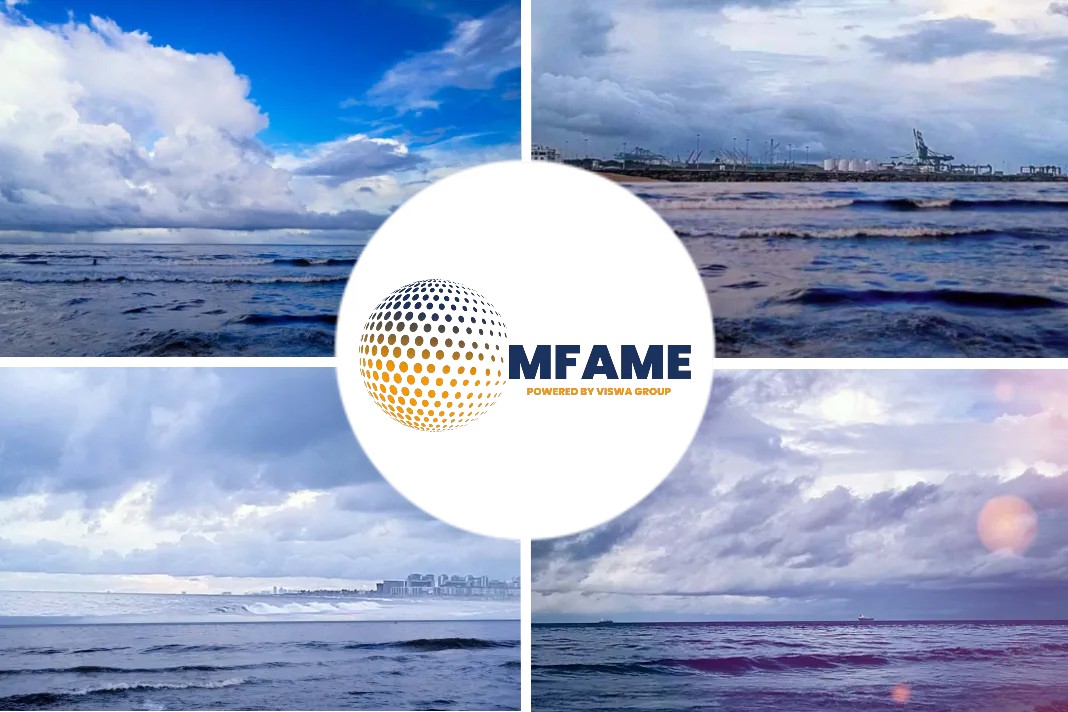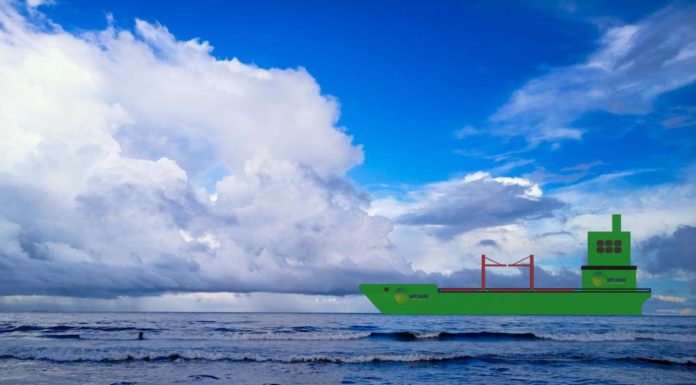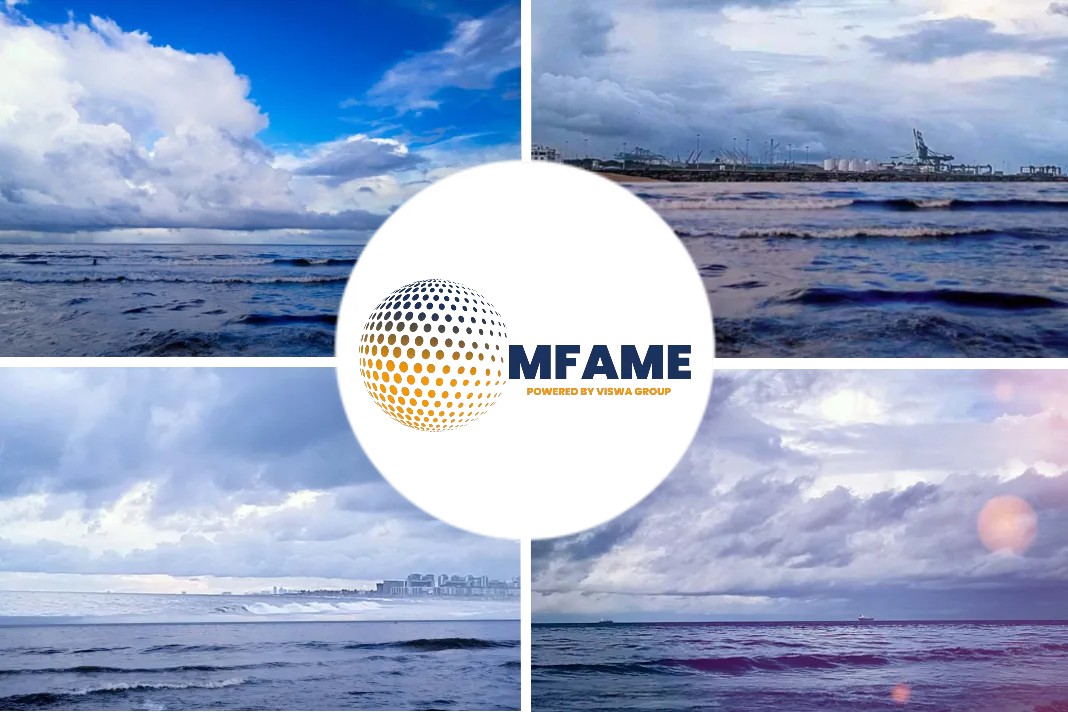- It usually takes just half a day to unload a massive cargo ship of its cars, but since demand is way down, a shipment of about 2000 new Nissan/Infiniti vehicles had to sit offshore for a while.
- The vehicles were Nissan Armada SUVs, Rogue crossovers, and Infiniti sedans that had just spent three weeks coming from Japan.
- There was no place to put them on land near the port since other vehicles had already created a logjam.
- Having too many cars is unlikely to be a long-term problem for U.S. ports, as one prediction is that auto shipments will be down 25% this year.
Japanese automakers are sending over new vehicles for sale across North America, but dealerships aren’t selling them—and parking space is running out, Chester Dawson for Driving.
Jupiter Spirit in LA
The length of almost two football fields, the cargo ship Jupiter Spirit arrived in Los Angeles’ harbor on April 24 after an almost three-week journey from Japan, ready to unload its cargo of about 2,000 Nissan Armada SUVs, Rogue crossovers and Infiniti sedans in a quick, half-day operation.
The Jupiter Spirit is currently on its way up to Tacoma, Washington.
Even as ports struggle to cope with excess auto inventory, they’re preparing for an even worse outcome — deliveries stopping altogether as the recession digs deeper.
Demand for cars and trucks in the U.S. is expected to drop 27% to 12.5 million vehicles this year, IHS Markit estimates, which would be the fewest for the industry since 2010.
Crowded acres of cars
The reason for the delay was that port operators were dealing with already crowded acres of cars, part of a backlog created by the steep decline in auto sales due to the coronavirus. Port officials in the area had filled their existing lots and were investigating temporarily storing the vehicles at places like nearby fairgrounds and military bases.
John Felitto, an executive at the Norwegian shipping company Wallenius Wilhelmsen, told Bloomberg, “This is different from anything we’ve seen before. Everyone is full to the brim.”
The floating 2000 vehicles—Nissan Armada SUVs, Rogue crossovers, and Infiniti sedans, according to Bloomberg—are part of a trend in the global supply chain caused by lower demand for products, including oil.
Oil-filled tankers were also forced to wait offshore recently when oil futures were recently trading in negative territory.
Most of the ports that are dealing with an excess of vehicles are on the West Coast, Bloomberg says, but this is likely to be temporary, lasting until the production backlog is shipped and production rates decline to match consumer demand.
Hueneme Port in Ventura County, California, told Bloomberg it expects auto shipments to be down 25 percent this year.
Car companies in trouble
Nissan isn’t the only automaker that has had problems finding places to send its vehicles recently.
A Nissan spokesperson told Car and Driver, “Nissan is optimizing the flow of the vehicles and positioning them closer to dealers for quick availability when the market recovers and customers return to showrooms.”
Hyundai shipped almost 34,000 vehicles from Korea to the U.S. in March this year, an increase of more than 4% compared to March 2019, and many of those ended up sitting in ports since dealers were not interested in accepting new inventory while potential shoppers are mostly stuck at home looking at all the stuff building up.
A representative for Hyundai said the South Korean automaker also has experienced elevated West Coast inventories and found additional storage lots to ease pressure on port facilities.
Toyota has taken the precaution of leasing additional storage space at a sports venue in California, even though it hasn’t yet experienced major issues accepting deliveries from inbound vessels, a spokesman said.
Did you subscribe to our daily newsletter?
It’s Free! Click here to Subscribe!
Source: Driving















